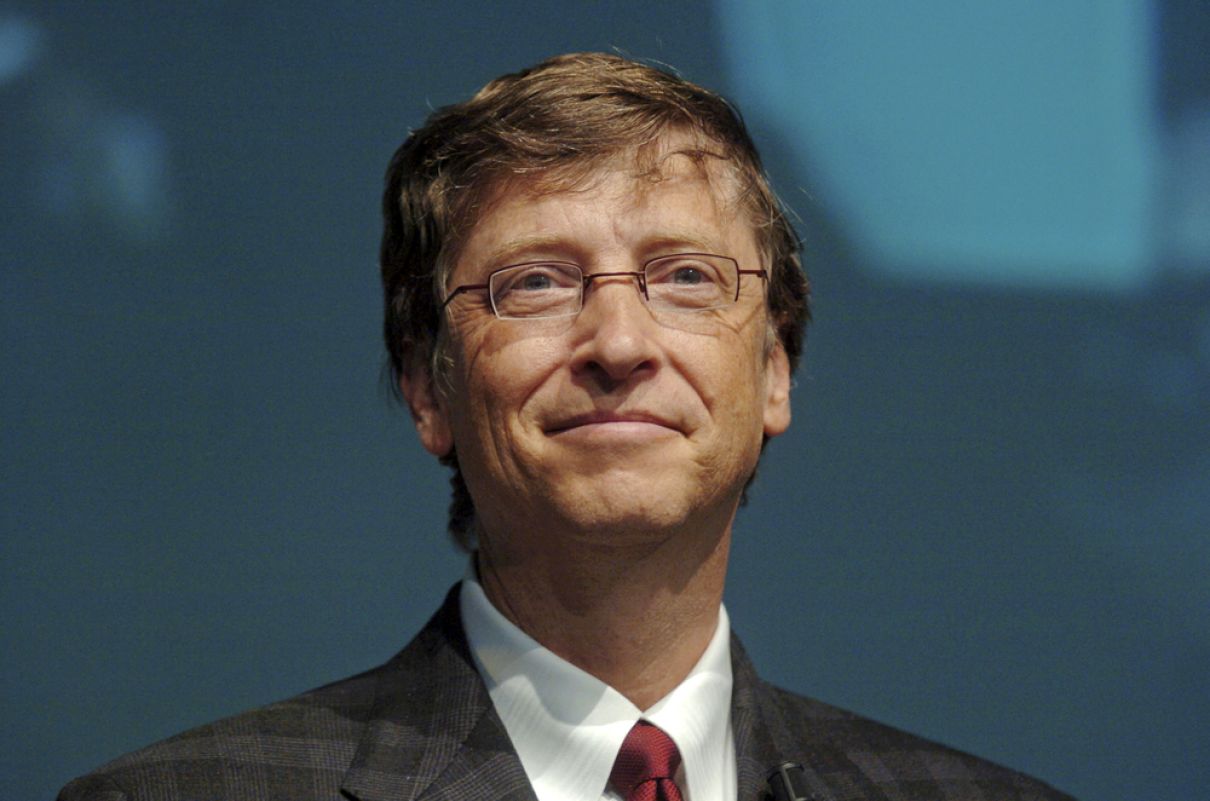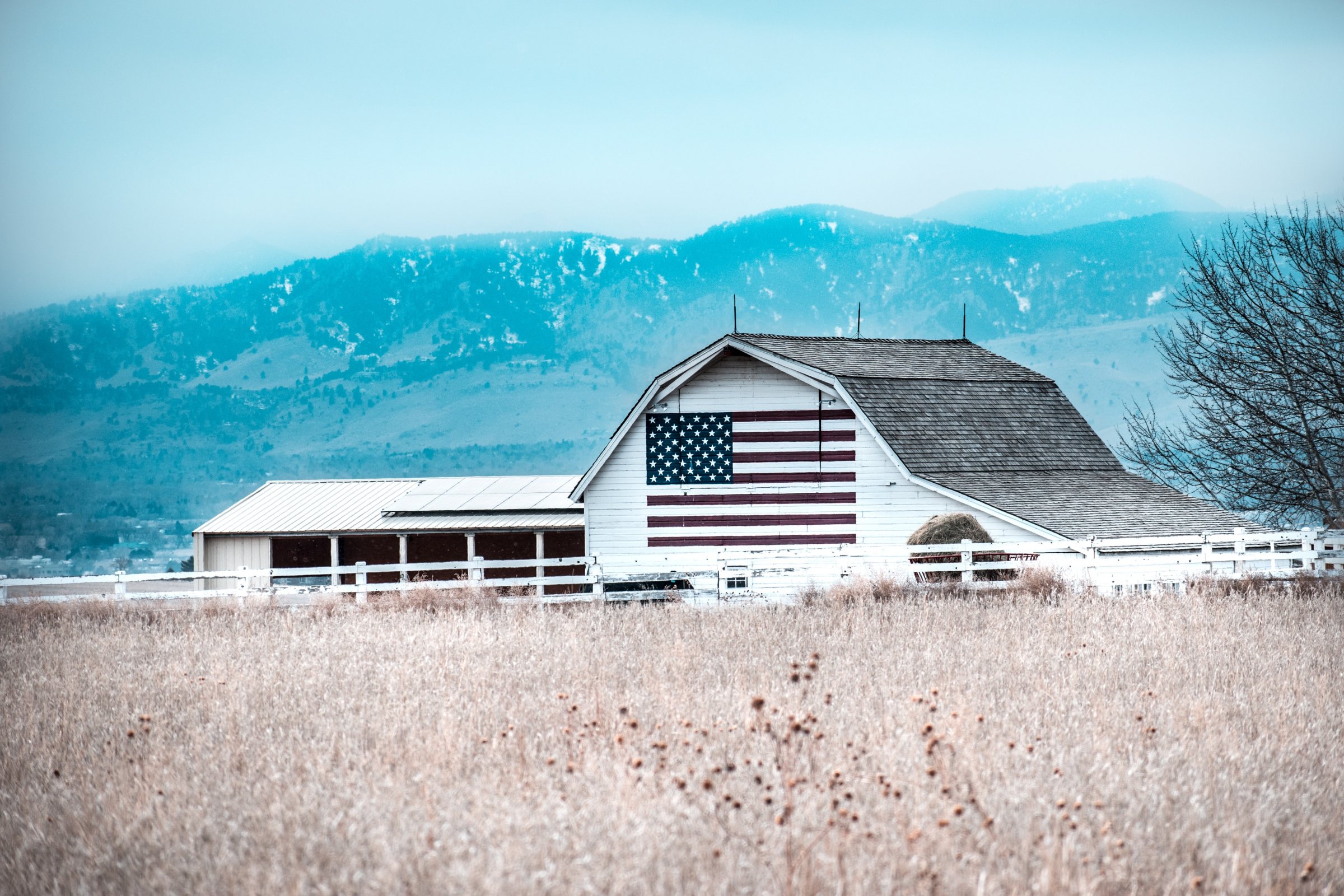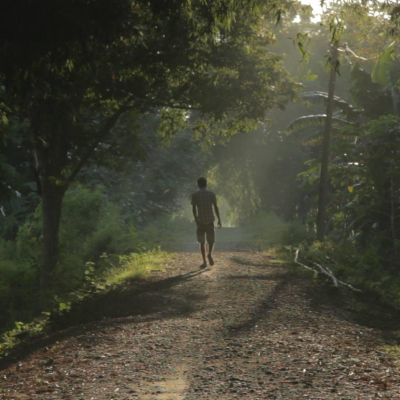Why Bill Gates Is Now America's Biggest Farmland Owner

The reasons why Gates’ investment company has quietly snapped up 242,000 acres of agricultural land.

When you think of Bill and Melinda Gates, agriculture doesn’t initially spring to mind. But that may be about to change.
According to The Land Report, the Microsoft co-founder, with a net worth of US$129 billion, is now the biggest owner of farmland in America. The land is held in Cascade Investment, the Gates investment vehicle and family office run by Michael Larson. Larson has held the role since 1994, and it is his job to balance the push for profits with the desire for sustainability.
What does he want all that farmland for? Well, Gates' interest in farming has long been bubbling and has even blogged about why he would raise chickens on his Gates Notes blog.
And this investment is not out of the blue. For a while Gates has been diversifying out of a portfolio weighted towards pure technology, into clean food-tech like Impossible Foods and Beyond Meat, plant-based vegan meat production companies. Gates invested millions into the California-based companies with the aim of creating a more sustainable solution to traditional meat production. Impossible Foods and Beyond Meat use products like soy, wheat and potato starch as a substitute for meat. Potentially, the swathes of recently-acquired farmland could be linked to that.
Also, one of the subsidiaries of Cascade, Cottonwood Ag Management, is a member of Leading Harvest, a nonprofit organisation which promotes sustainable farming. The members of Leading Harvest, another of which is FarmTogether, a technology enabled farmland investment platform, have published a universal standard for sustainable agriculture.
In addition, last year, the Bill and Melinda Gates Foundation announced the creation of a new nonprofit, Bill & Melinda Gates Agricultural Innovations, known as Gates Ag One. According to a statement from the Gates Foundation, the new entity aims to speed up efforts to provide smallholder farmers in developing countries, many of whom are women, with access to the affordable tools and innovations they need to sustainably improve crop productivity and adapt to the effects of climate change.
Gates Ag One aims to cultivate resilient, yield-enhancing seeds and traits globally and facilitate the introduction of those breakthroughs into specific crops essential to smallholder farmers, particularly in sub-Saharan Africa and South Asia. It also seeks to empower smallholder farmers with the affordable, high-quality tools, technologies, and resources they need to lift themselves out of poverty.
“In two of the fastest growing regions of the world—sub-Saharan Africa, home to around 1 billion people, and South Asia, with a population of about 1.8 billion—approximately 60 percent of the population lives in rural areas that typically depend on smallholder agriculture for food and income,” said the foundation in a statement. “In sub-Saharan Africa, agriculture accounts for more than half of the region’s employment, and for South Asia it contributes about 40 percent. Yields on farms in these regions are already far below what farmers elsewhere in the world achieve, and climate change will make their crops even less productive.” Cultivating the right kind of yield-enhancing seeds could be one use for the new land.
And another piece of the picture is the Gates’ interest in clean energy. Gates has spoken at length recently about his investments in Breakthrough Energy Ventures, a clean tech venture capital fund for which he just completed a second round of fundraising to add another billion to the US$1 billion he initially invested. Launched in 2016, Breakthrough Energy Ventures funds green startups - including those that increase food production and decrease food waste - that can help cut emissions. The amount of money flowing into this sector has soared to US$16 billion in 2019 from US$400 million in 2013, an increase of 40 times, according to a PwC report published last year.
One thing is for certain; with the meat and dairy industry on track to be the world’s biggest contributors to climate change, outpacing even the fossil fuel industry, investments into sustainable farming cannot come fast enough.








